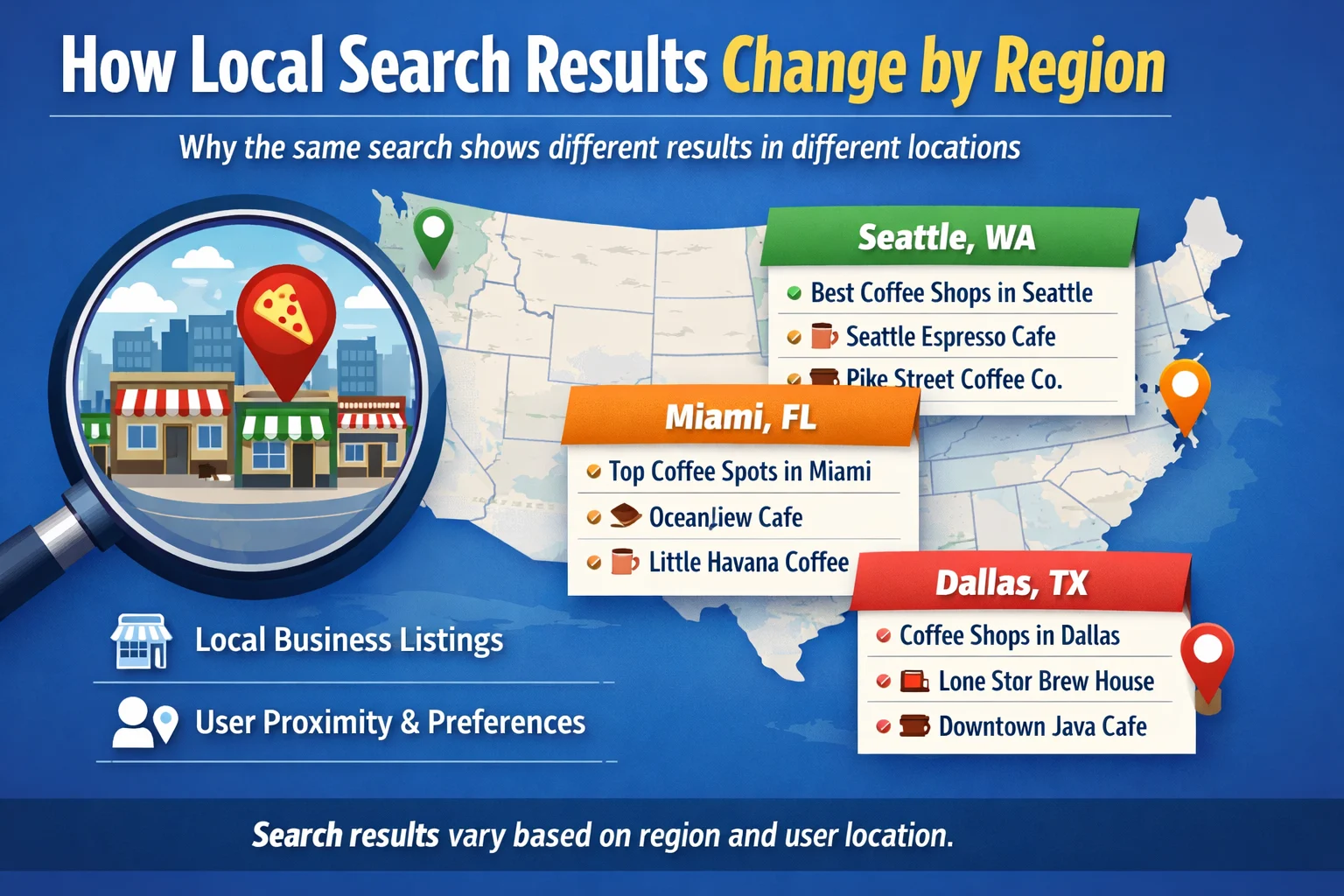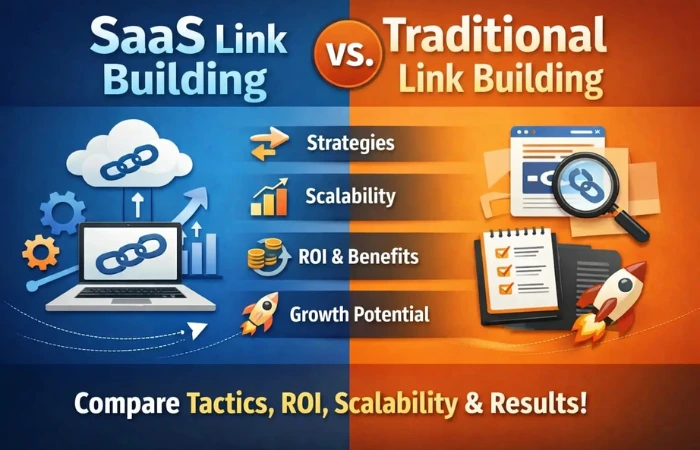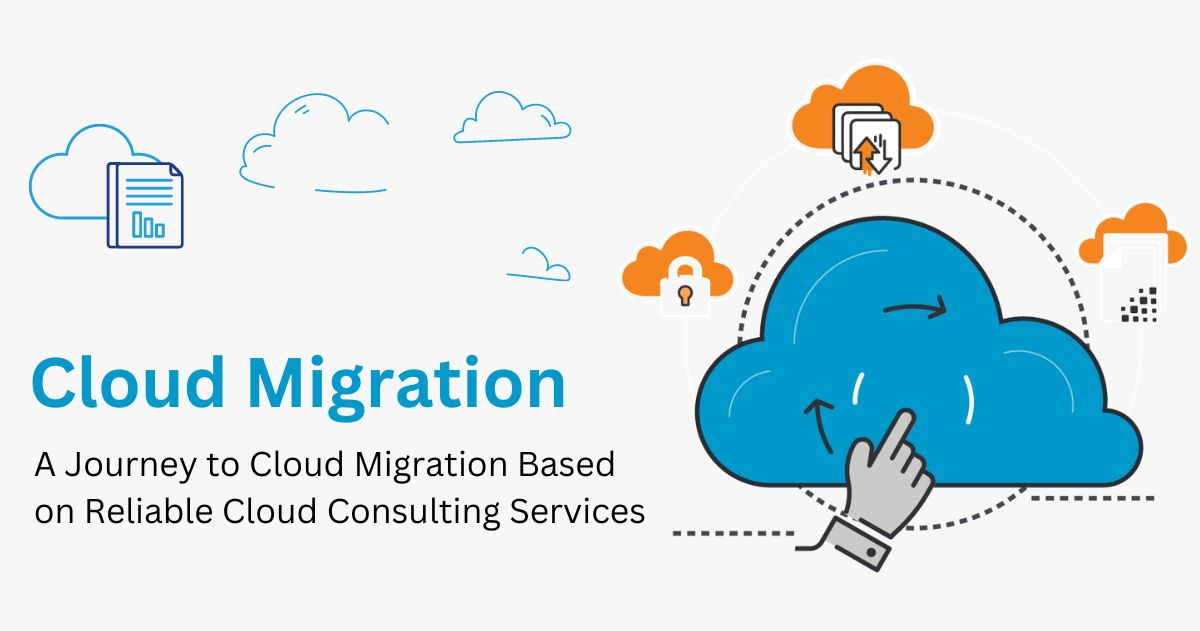Imagine pouring your time, budget, and creativity into an email campaign—only to have it crash because your list was full of bad addresses. Frustrating, right? That’s where a top-notch email verification tool steps in. It’s not just about removing typos or outdated content—it’s about protecting your sender reputation, improving deliverability, and getting your message where it belongs: the inbox.
With so many tools claiming to be the best, how do you know which one delivers? In this blog, we’ll break down the must-have features of a truly reliable email verification solution and what makes it stand out from the rest.
Essential Criteria for Evaluating the Best Email Verification Service
When evaluating options, it’s crucial to look beyond surface-level features and consider factors like accuracy rate, speed, integration capabilities, and data security. A truly effective solution doesn’t just clean your list, it protects your sender reputation and ensures that your campaigns reach the right audience.
Investing in the best email verification tool can significantly boost your deliverability rates and marketing ROI, making it an essential part of any successful outreach strategy
Accuracy Rates and Delivery Guarantees
Top-tier email verifier platforms consistently maintain 95%+ accuracy rates when working with varied email types and domains. These leading services go beyond mere promises, backing their results with delivery guarantees and thorough reports. Accurate verification means reliably distinguishing between temporarily unavailable mailboxes and those that are permanently invalid.
Processing Speed and Scalability
Whether you’re verifying 1,000 or 1 million addresses, processing speed determines how quickly you can launch campaigns. Premium solutions offer API response times under 200ms and handle concurrent bulk processing without compromising accuracy.
Advanced Integration Ecosystem
To ensure a streamlined workflow, the best email validation tool options deliver seamless integrations with your marketing ecosystem. It’s essential to select a provider with native connections to CRM tools, along with built-in compatibility with popular cold email software platforms.
Often, the quality of these integrations is more critical than the quantity of additional features. Companies that prioritize these criteria typically see immediate improvements in campaign performance and long-term benefits in sender reputation management.
Industry-Leading Email Verifier Software Comparison Matrix
Different business sizes require different verification approaches, but certain features remain non-negotiable across all tiers. Understanding how solutions stack up helps narrow your decision-making process.
Tier 1 Enterprise Solutions
Enterprise-grade platforms offer advanced threat detection, compliance certifications, and dedicated support teams. They’re designed for organizations processing millions of emails monthly and requiring detailed audit trails for regulatory compliance.
Mid-Market Email Validation Tool Options
Mid-market solutions balance functionality with affordability, offering robust verification capabilities without enterprise-level complexity. These platforms typically provide excellent API documentation and flexible pricing models that scale with your growth.
Startup-Friendly Email Verification Solutions
For startups, simplicity and speed are everything. The right email verification solution should be easy to set up, intuitive to use, and effective from day one. These tools are designed with lean teams in mind, offering seamless integration and reliable performance without the need for deep technical know-how.
This allows growing businesses to maintain clean email lists, protect their sender reputation, and maximize the impact of every campaign. Budget-conscious businesses often find these solutions provide everything needed to maintain list quality while preserving capital for growth initiatives.
Specialized Email Verifier Solutions by Use Case
Generic verification tools rarely address industry-specific challenges effectively. Different business models require tailored approaches to email validation and list management.
Cold Email Software Integration Champions
Users of cold email software encounter unique obstacles related to compliance and deliverability. For these needs, the most effective verification solutions are equipped with features such as domain reputation checking and compliance support tailored for outbound prospecting campaigns.
E-commerce and High-Volume Senders
E-commerce businesses need verification tools that integrate with shopping platforms and handle transactional email requirements. Features like abandoned cart recovery optimization and customer lifecycle verification become critical for revenue protection.
B2B Lead Generation and Sales Teams
B2B teams require verification solutions that enhance lead scoring and integrate with sales workflows. The most effective tools combine email validation with data enrichment, providing sales teams with verified contact information plus contextual intelligence.
Each use case demands specific features that generic solutions simply can’t provide effectively.
Advanced Features That Separate Premium Email Validation Tools
Premium verification platforms offer sophisticated capabilities that transform basic list cleaning into strategic marketing intelligence. These features often justify higher costs through improved campaign performance.
Smart List Segmentation and Scoring
Advanced platforms assign engagement probability scores to verified addresses, helping marketers prioritize high-value contacts. This capability turns verification from a defensive tactic into an offensive marketing strategy.
Spam Trap and Honeypot Detection
Professional-grade solutions identify and remove dangerous addresses that could damage sender’s reputation. They maintain extensive databases of known spam traps and use behavioral analysis to detect suspicious patterns.
Real-Time Form Validation
JavaScript widgets that validate emails during signup prevent invalid addresses from entering your database. This proactive approach reduces verification costs and improves user experience simultaneously. These advanced capabilities often provide returns that far exceed their additional costs.
ROI Optimization Strategies with the Best Email Verification Service
Strategic verification implementation amplifies returns beyond basic deliverability improvements. Smart businesses use verification as a foundation for broader marketing optimization initiatives.
Companies implementing comprehensive verification strategies typically see bounce rates drop from 5%+ to under 1%, while sender reputation scores improve dramatically. These improvements compound over time, creating sustainable competitive advantages.
Cost-per-lead calculations improve as verification eliminates wasted sends to invalid addresses. Marketing teams can focus their budget on reaching real prospects rather than subsidizing database inefficiencies.
Making Your Final Email Verification Decision
Selecting verification tools requires balancing immediate needs with long-term growth plans. The best solutions grow with your business while maintaining consistent accuracy and performance.
They provide measurable ROI improvements that justify their investment through reduced waste and improved campaign effectiveness. Remember, cheap verification often costs more than premium solutions when you factor in accuracy rates and potential reputation damage. Your choice today shapes your email marketing success for years to come.
Common Questions About Email Verification Solutions
1. What is the best method for ensuring the authenticity of an email?
Email authentication employs SPF, DKIM, and DMARC protocols to verify sender legitimacy and protect against threats. These technical standards work alongside verification to ensure message authenticity.
2. Which technology helps verify the authenticity of an email?
SPF (Sender Policy Framework) provides basic email authentication by allowing domain owners to specify which servers can send emails. It’s foundational for implementing more complex authentication technologies.
3. How quickly can verification tools process large email lists?
Processing times vary significantly between platforms, but enterprise solutions typically handle 100,000+ addresses within hours. Real-time API verification happens in milliseconds for individual addresses.
Harsh Mistri is a Digital Marketing Executive with over 8 years of experience in SEO, online marketing, and growth strategies. He is passionate about exploring the evolving digital landscape and enjoys writing about technology, SEO, and digital marketing.







